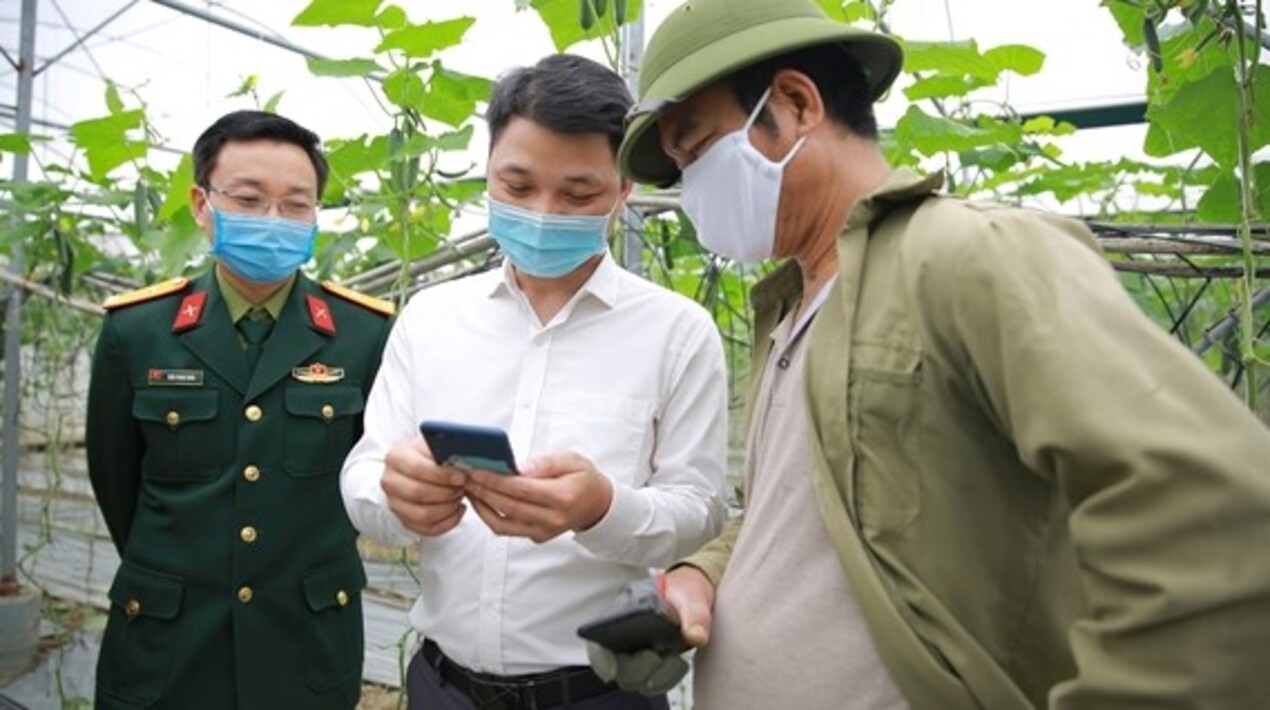
In the aftermath of the COVID-19 pandemic, several provinces in Vietnam are focusing on boosting e-commerce and have developed e-commerce trading floors. In fact, as of March, 44 out of 63 provinces and cities in the country had built their own e-commerce platforms.
Most of these platforms are developed and managed by local departments of Industry and Trade. Up to 75% of these platforms use national domain names. The funding for the construction and operation of these platforms mainly comes from the state budget.
According to a report, however, most e-commerce platforms built and operated by local governments are inefficient, with a low number of transactions, a poor range of products, outdated technology, and a lack of support services such as marketing, payment, and order fulfilment. Most of these platforms only offer information about sellers and products. The government should focus on training business households in digital skills and providing them with support and opportunities to compete globally.
Meanwhile, Hanoi and Ho Chi Minh City, the two leading localities in e-commerce are taking advantage of professional e-commerce trading floors. The northern province of Bac Giang is the most successful example of selling agricultural products this way. Over the past year, through online trading platforms, the province sold over 48,000 tons of oranges, 36,000 tons of pomelo, more than 60,000 tons of pork, and about 17,000 tons of chicken and a variety of agricultural products.
Vietnam became the second largest e-commerce market in Southeast Asia in the first half of 2022, behind only Indonesia. Vietnam’s e-commerce market is expected to grow significantly and reach US$39 billion by 2025. The country could be the fastest growing e-commerce market in Southeast Asia in the next five years.
In March, the Ministry of Information and Communications (MIC) approved a plan to support agricultural production households on e-commerce platforms, promoting the development of the digital economy of agriculture and rural areas. MIC aims to have ten million active accounts on the state-owned e-commerce sites Postmart and Vo So. As OpenGov Asia reported, the plan also aims to put all 3-star one-commune-one-product (OCOP) items online.
Launched in 2018, the OCOP initiative seeks to boost the economic contribution of the agricultural sector by supporting products and service-based products in each locality to create a value chain of private and public players. All products are ranked on a 5-star evaluation system and are graded out of one hundred points in terms of product development, marketing and product quality, and the ability to expand to other markets, among other categories. 3-star products score between 50-69 points and are provincial-level products.
MIC will digitally train and upskill all farming households as well as increase the number and value of transactions on Postmart and Vo So. It will help farming households promote, advertise, and introduce new products, and expand to domestic and international markets. Through the online market sites, farming households can access information about farm produce markets, predictions about demand, production capacity, weather forecasts, and reports about varieties and fertilisers.
Supporting the agricultural digital economy is one of the focal points of the National Digital Transformation Programme, which was approved by the Prime Minister in June 2020. The programme identified agriculture as one of eight priority sectors and fields for digital transformation.
















